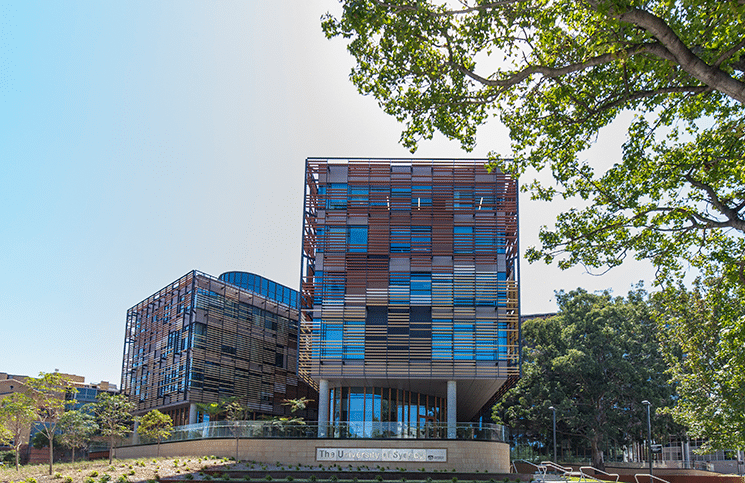
The University of Sydney has trumped all comers in the latest 2019 AFR BOSS MBA Rankings, taking top spot for both its flagship MBA and Executive MBA programs.
The AFR BOSS rankings are regarded as one of the most comprehensive reviews of Australia’s top MBA programs and has been completed biennially since 2007.
The University of Sydney Business School’s $63,000 MBA ranked best with alumni for Overall Satisfaction and Value for Money. The ranking s are determined using a range of factors based on surveys from the schools and alumni.
Adelaide Business School, QUT Business School and the University of Adelaide all jumped two places from their 2017 ranking to come in second, third and fourth respectively. Griffith Business School rounded out the top five.
The University of Queensland fell from second to eight and Melbourne Business School dropped out of the list all together.
2019 AFR BOSS MBA Rankings
Rank 2019 School 2019 Fees (Domestic) Students 1 The University of Sydney Business School $63,000 97 2 Adelaide Business School $61.500 65 3 Queensland University of Technology $59,850 52 4 University of South Australia $49,650 122 5 Griffith Business School $51,750 169 6 Monash Business School $68,000 52 7 Macquarie Business School $80,000 164 8 University of Queensland $66,840 156 8 Central Queensland University $31,200 35 10 University of Western Australia $73,500 153
The University of Sydney also top the rank of top Executive MBAs, ahead of 2017 winner QUT Business School. AGSM @ UNSW Business School had the third ranked EMBA with Bond Business School and Sydney Business School rounding out the top five.
2019 AFR BOSS Executive MBA Rankings
2019 Rank School 2019 Fees (Domestic) Students 1 The University of Sydney Business School $97,500 17 2 Queensland University of Technology $70,848 51 3 AGSM @ UNSW Business School $80,640 222 4 Bond Business School $82,500 10 5 Sydney Business School, University of Wollongong $70,224 31
Professor Greg Whitwell, Dean of the University of Sydney Business School, said the rankings reflect the strength and depth of our degrees, which are creating a new generation of leaders.

“Our central mission as a business school is to provide a truly transformative educational experience that prepares graduates for the jobs of the future,” said Professor Whitwell.
“We’re delighted with the results of this year’s rankings, which are a clear indication that we’re excelling on this mission.”
Based on a biennial survey, the rankings score Australia’s top business schools, with the views of alumni accounting for 55 percent of each school’s rating.
The University of Sydney’s full-time MBA launched late last year, with the second cohort of students having commenced studies in August this year. This semester’s cohort reflects the growing diversification of our student body, with students from 20 countries.
The Adelaide MBA has moved up steadily over the last four ranking results, from 10 to second in the BOSS rankings.
“We have reshaped the MBA to not only focus on technical skills but also the skills that employers are looking for, for example, the ability to work in teams, critical and lateral thinking, the development of a strong cache of EQ and of course, leadership. This result is strong endorsement of our business model,” says Adelaide MBA Director Damian Scanlon.
“In our approach, the student’s personal development is central to the program. The Adelaide MBA is a contemporary, rich, and transformative personal and executive leadership journey. We recognise that this journey is about introducing new skills and strengthening the skills our students already have; sharing those skills with their colleagues; and having the chance to interact with their peers and develop lifelong networks.
“Indeed, we have a strong alumni/student mentor program, and our Adelaide Business School alumni network and Advisory Board is represented in leadership roles both in big companies, and successful small and family businesses.
“Our students are encouraged to challenge assumptions by our teachers who all have extensive industry experience and explore more effective approaches to managing and leading rather than endorsing current management practice.
“Importantly, our subjects don’t stand alone but are linked and integrated. Our curriculum respects the experience our students bring to the class room and leverages that experience in a strongly collaboratively learning environment,” Mr Scanlon says.










